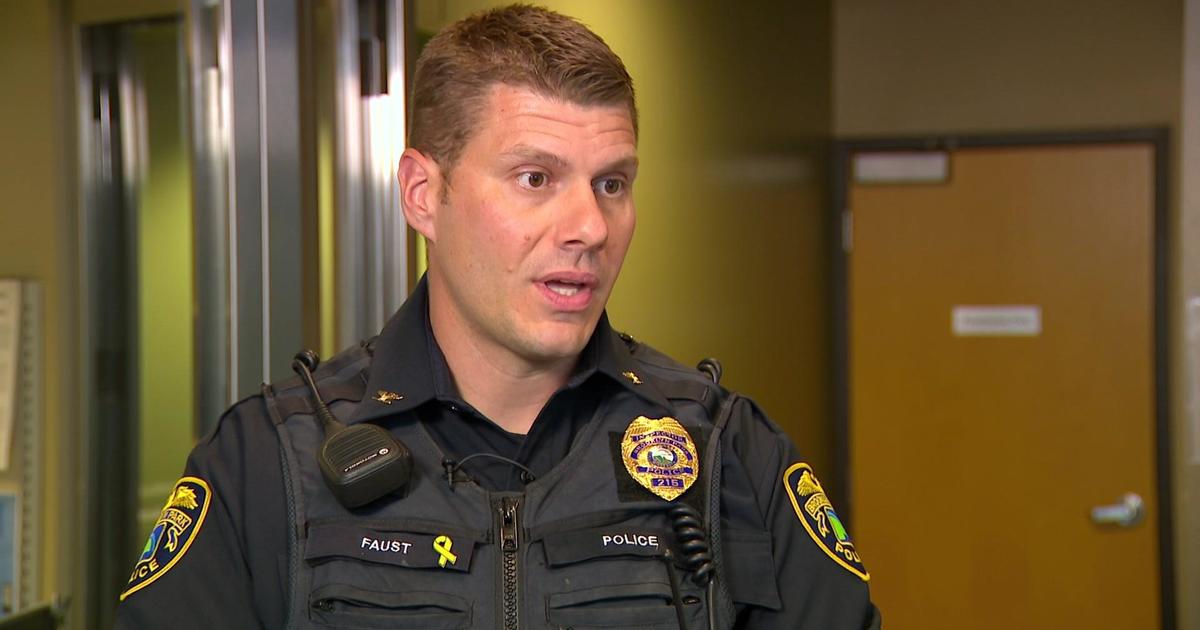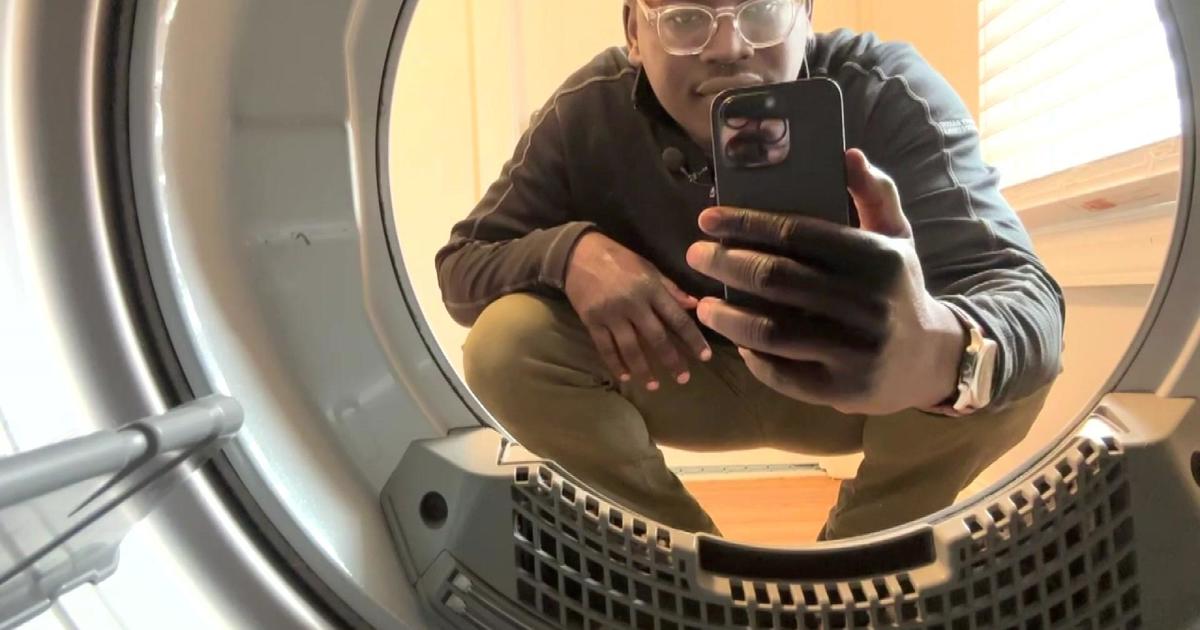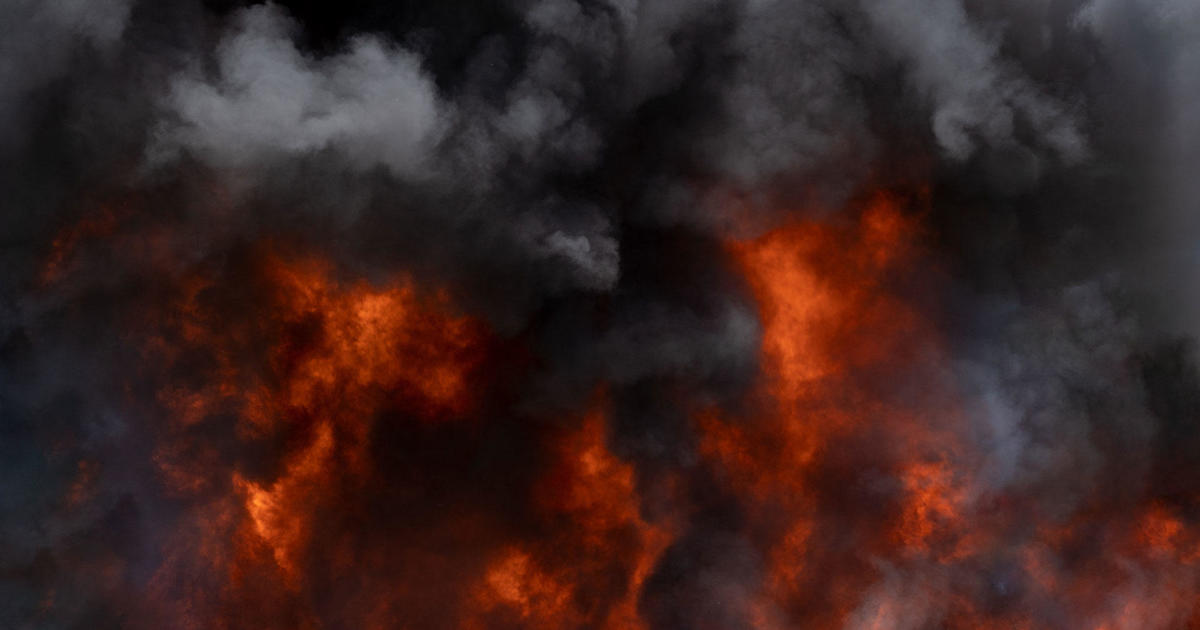Nurses In Wis. Slower To Self-Report Drug Abuse
MADISON, Wis. (AP) — The first time Ann Stanton stole drugs, she says, came after she watched one of her patients die in intensive care.
Feeling responsible, she pocketed pain medication intended for an elderly patient soon after, setting off a six-month run of stealing that didn't end until she was caught in a hospital bathroom injecting a drug often used to treat anxiety disorders.
"I was dangerous, for sure," Stanton said of those months using. "I was high, and I was definitely impaired."
Stanton is one of the thousands of Wisconsin nurses who deal with addiction. At least 41 states have created non-disciplinary programs for such nurses, aimed at getting them to seek help before patients may be hurt.
Wisconsin is among those states, but its program has low participation rates that may be the result of a government-run model that some say deters nurses from self-reporting.
The result is hundreds of addicted nurses ministering to patients without monitoring or treatment.
"Patient safety is the lowest in states with the lowest participation in these programs," said Mike Miller, medical director of the Herrington Recovery Center, which offers drug and alcohol treatment at Oconomowoc's Rogers Memorial Hospital. "You could argue that the safest health professional is the monitored health professional."
Substance abuse among health care professionals is thought to be about the same as in the general population — about one in 10. Wisconsin has about 31,500 nurses, meaning more than 3,000 likely deal with substance abuse.
Those nurses typically have two routes to treatment: get caught or seek help. Wisconsin's Board of Nursing disciplines those who are caught, suspending their licenses while they enter monitoring and treatment. Meanwhile, Wisconsin's Professional Assistance Procedure encourages nurses and other licensed professionals to self-report, offering confidential substance monitoring while they seek treatment.
But the PAP is administered by the Department of Safety and Professional Services — the same entity that oversees the disciplinary Board of Nursing — a factor that some say dissuades nurses from self-reporting.
"You basically have to put yourself at risk of discipline and offer, in writing, potentially self-incriminating statements to even be considered for our state program," Miller said.
Almost half of alternative programs nationwide use a similar model as Wisconsin, but participation rates show that independently run programs may be more effective.
Wisconsin's government-run program has 37 nurses enrolled, or just over one per thousand nurses. Colorado's peer assistance program has about 250 nurses receiving case management, or four per thousand. Florida's independently run Intervention Project for Nurses has 1,349 nurses enrolled, or about five per thousand nurses.
Miller is pushing for Wisconsin to adopt an independent model. Rep. John Nygren, a Republican from Marinette who co-chairs the state's powerful Joint Finance Committee, has introduced multiple rounds of legislation aimed at curbing opioid abuse and improving treatment. He's exploring whether abuse among health care professionals is an issue he'll tackle next session.
DSPS spokesman Robert Schlaeger declined AP requests to interview staff, citing department policy. In an email, he wrote that any nurse abusing drugs has an obligation to the public to report it to the department through the PAP.
Lori Cuene, a Wisconsin nurse who has been in board-mandated alcohol monitoring and treatment for years, said she's seen nurses who don't seek help because the system is too punitive.
"One of the really big frustrations for me was working alongside people who should be in programs but aren't," Cuene said. "Those people are more dangerous than I am."
Stanton said she tried to stop using drugs because she knew she could be harming patients, but didn't have the resources she needed. She said punishment and the fear of losing her job wasn't the only deterrent to self-reporting; she also feared the stigma.
Health care professionals say recovery is possible, and that nurses have lower rates of relapse than the general population, according to the National Council of State Boards of Nursing.
Stanton regained her full nursing license in October and now works at Rogers Memorial Hospital in Milwaukee in substance abuse treatment. She says she's a better nurse for having gone through her own addiction.
"There is hope, that's what I want to communicate," Stanton said. "There is hope, and people change."
(© Copyright 2016 The Associated Press. All Rights Reserved. This material may not be published, broadcast, rewritten or redistributed.)



